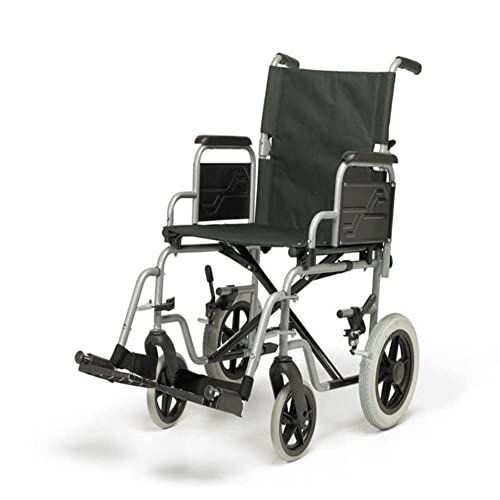Mobility scooters have revolutionized the way people with limited mobility navigate their day-to-day lives. In the UK, these devices are becoming increasingly popular as they offer independence, freedom, and a renewed sense of confidence for individuals with mobility challenges. Whether you're exploring mobility scooters for yourself or a loved one, this comprehensive guide will walk you through everything you need to know, from their types and benefits to legal requirements and helpful FAQs.

A mobility scooter is a motorized device designed to assist individuals who have difficulty walking or navigating long distances. Combining technology with ergonomic design, these scooters provide a safe, convenient, and comfortable means of transportation. They are especially beneficial for seniors, people recovering from injuries, or those with disabilities that affect walking.
Mobility scooters vary in size, design, and functionality. Here are the main types:
Individuals no longer have to rely on others for transportation. Mobility scooters empower users to complete errands, visit friends, or explore parks independently.
Many mobility scooters are designed to access narrow pathways, pedestrian areas, and even indoor spaces like shops and malls.
Compared to owning and operating a car, mobility scooters are relatively inexpensive to maintain and run, using rechargeable batteries for power.
Features like padded seats, adjustable tillers, anti-tip wheels, and safety lights combine to ensure a smooth and secure ride.
Shopping for a mobility scooter involves careful consideration to find the perfect fit. Here are some factors to keep in mind:
User Needs
Size and Portability
Weight Capacity
Budget
Comfort and Adjustability
Battery Life and Charging
In the UK, mobility scooters are categorized as Class 2 or mymobilityscooters Class 3 vehicles. Understanding the legal framework around these devices is crucial for safe and lawful use.
Several trusted companies design and manufacture mobility scooters in the UK. Some of the top brands include:
To ensure the longevity of your mobility scooter, regular maintenance is essential. Follow these tips:
1. Do you need a licence to drive a mobility scooter in the UK?
No, a licence is not required. However, Class 3 scooter users must be at least 14 years old and follow road regulations.
2. Can mobility scooters be used on public transport?
Yes, many buses, trains, and taxis accommodate mobility scooters, but it’s a good idea to check with the service provider beforehand.
3. Are there government grants available for mobility scooters?
Yes, financial assistance may be available through the UK’s Motability scheme or local council grants for individuals with eligible disabilities.
4. What is the lifespan of a mobility scooter battery?
Most batteries last 12 to 18 months, depending on usage and proper maintenance.
5. Can I take my mobility scooter abroad?
Many scooters are airline-approved for international travel, but it’s essential to verify specifications and regulations with the airline.
Mobility scooters are an invaluable resource for enhancing independence and improving quality of life for individuals with mobility challenges. With numerous models, features, and price points available in the UK, there’s a mobility scooter to suit every need. When selecting a scooter, consider the user’s requirements, safety features, and budget alongside the legal guidelines specific to the UK.
Investing in the right mobility scooter can restore confidence, providing a newfound sense of freedom and the ability to explore the world without limitations. If you’re in the market for a mobility scooter, start by identifying your needs and consulting with reputable suppliers to ensure the best possible choice.
Remember: With proper care, a mobility scooter can be a lasting companion that transforms journeys into enjoyable, stress-free experiences.

No Data Found!

